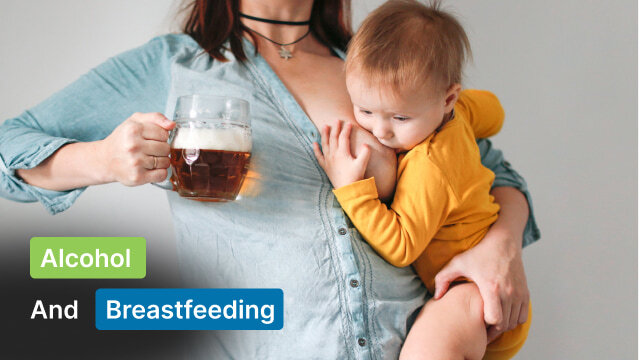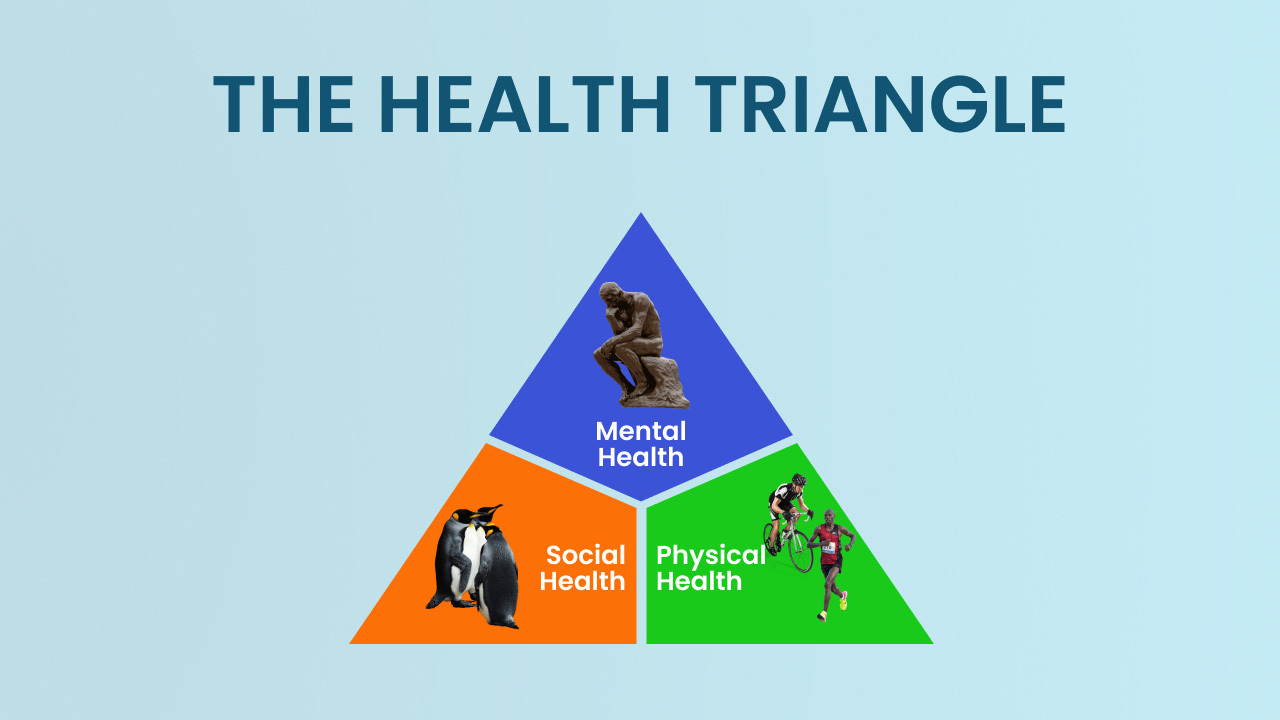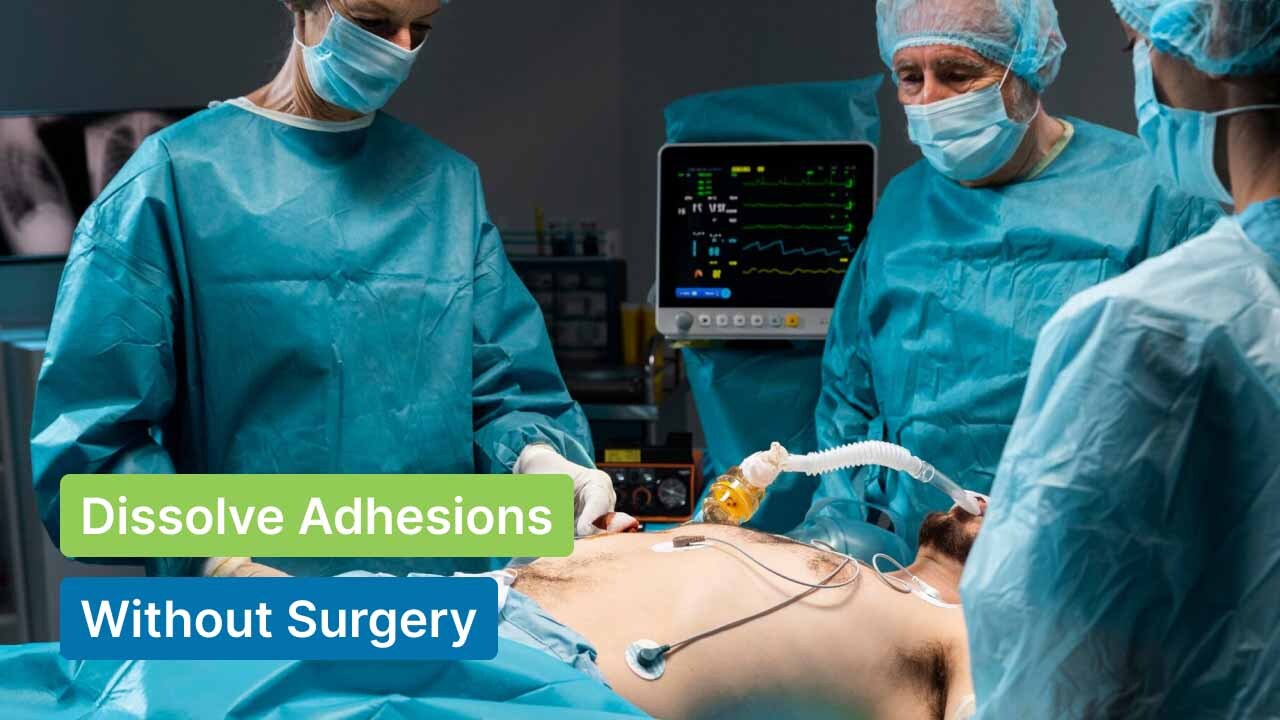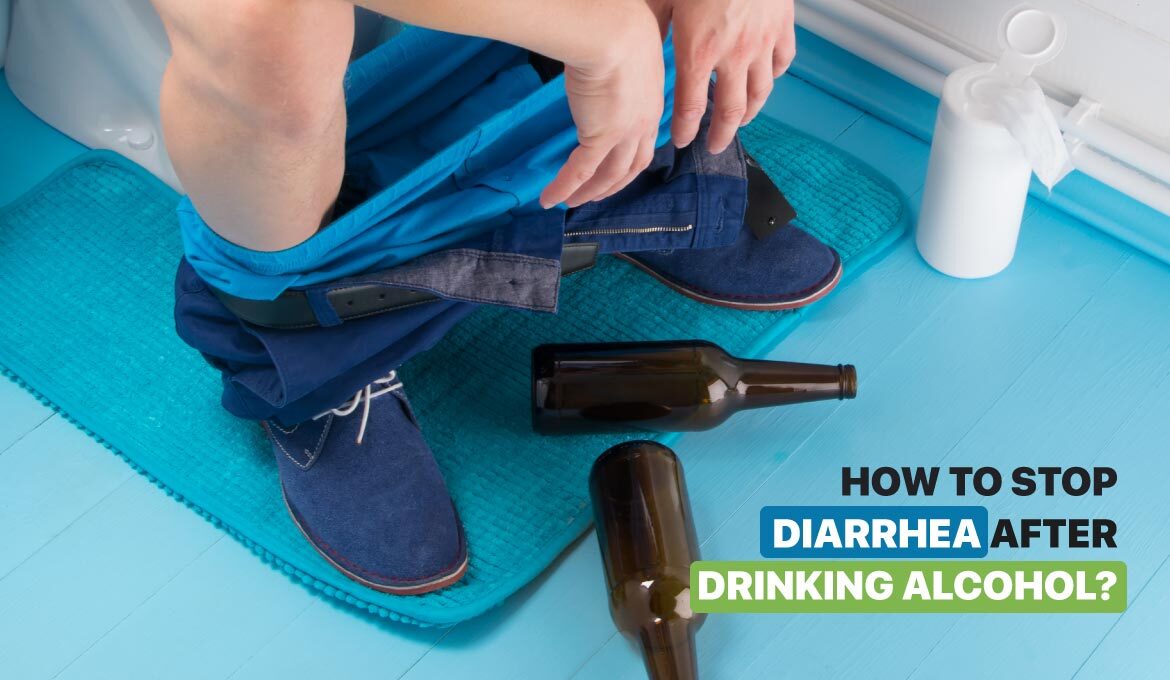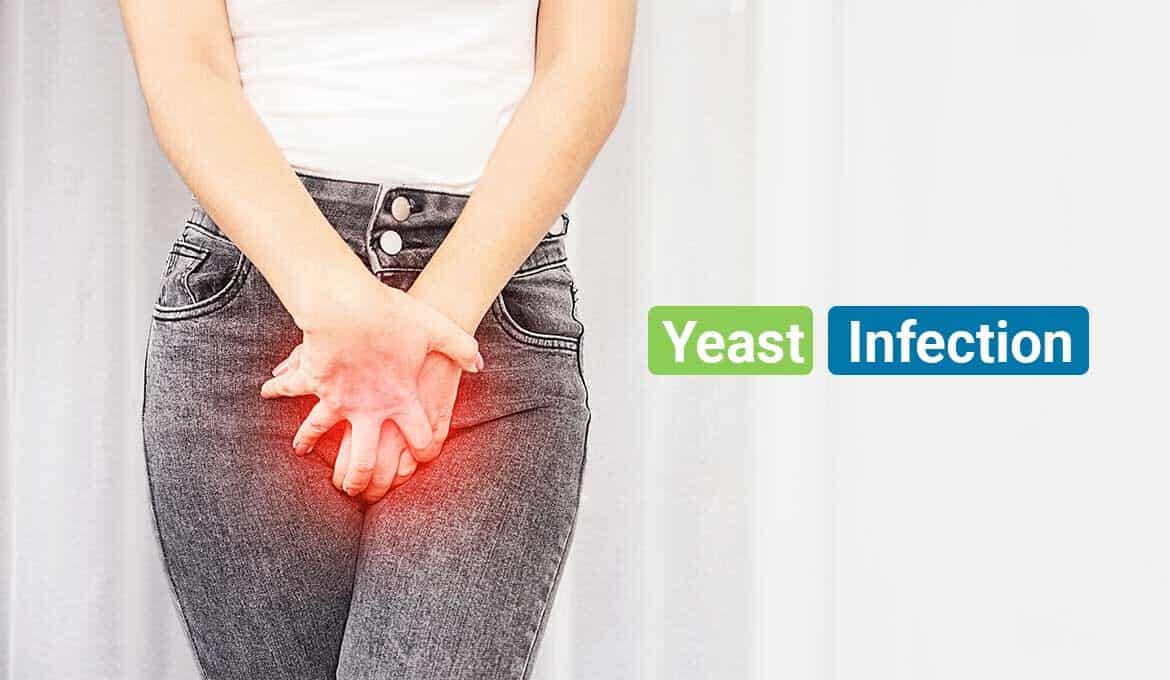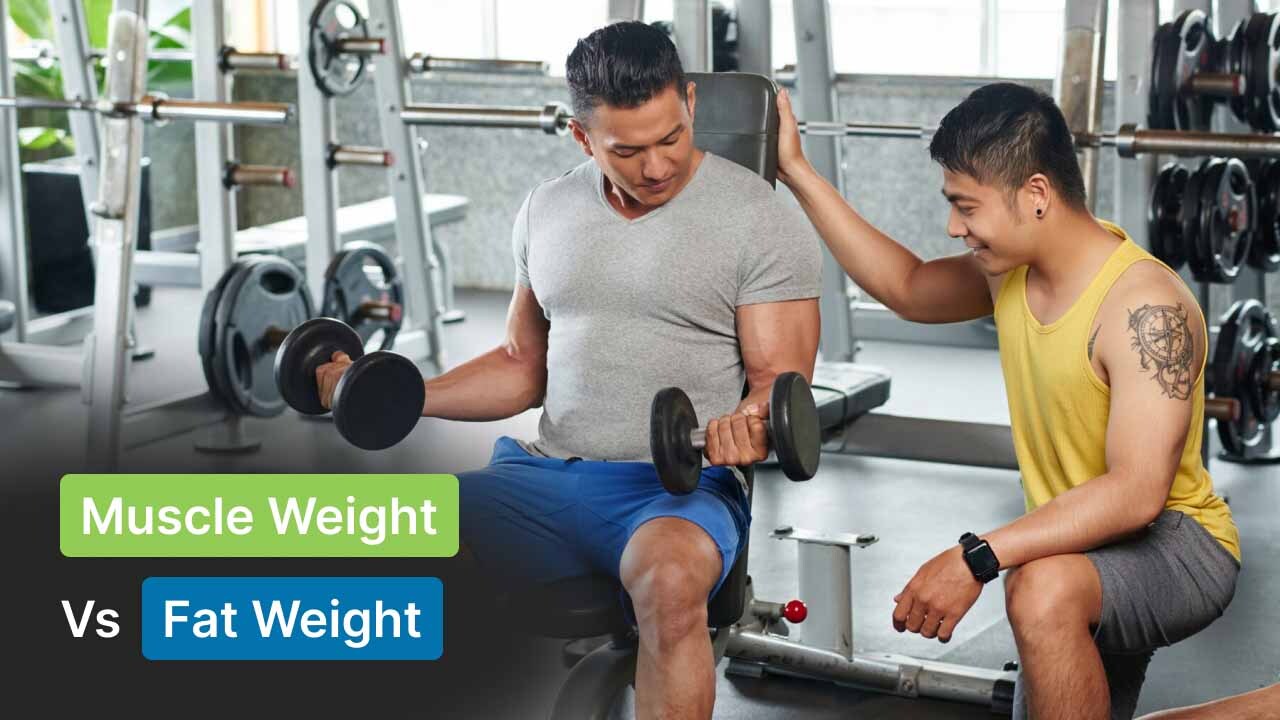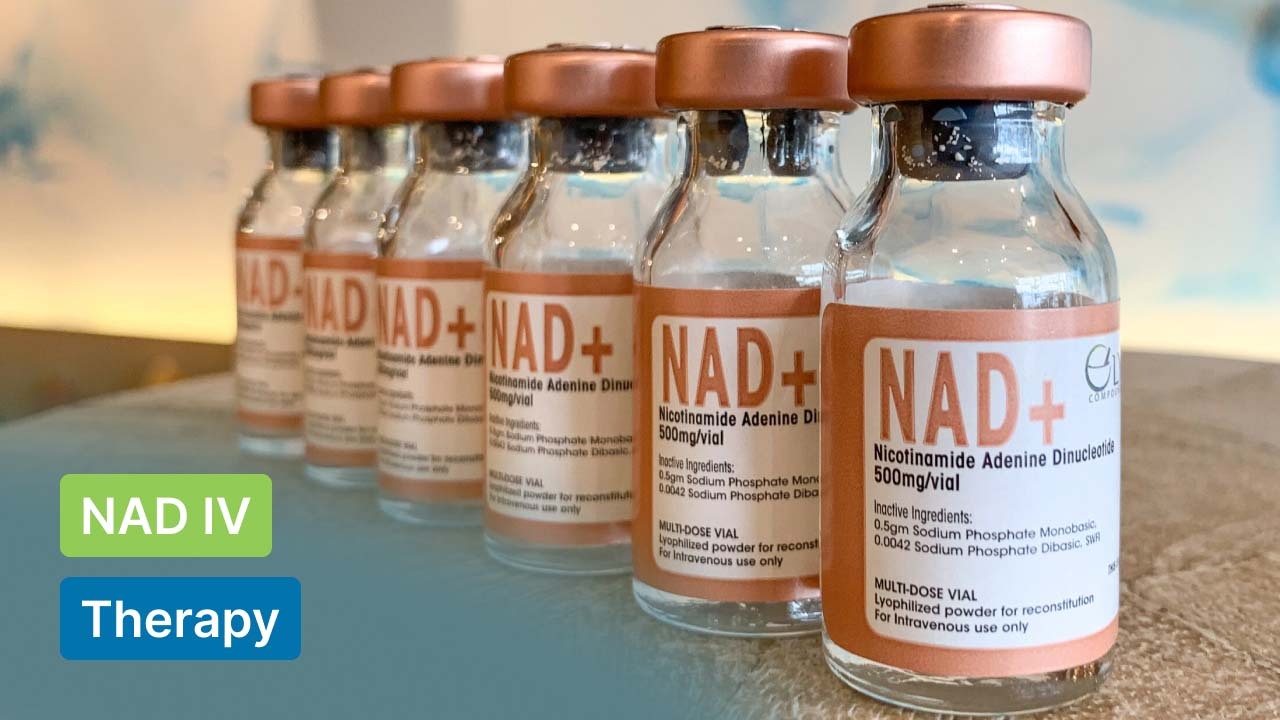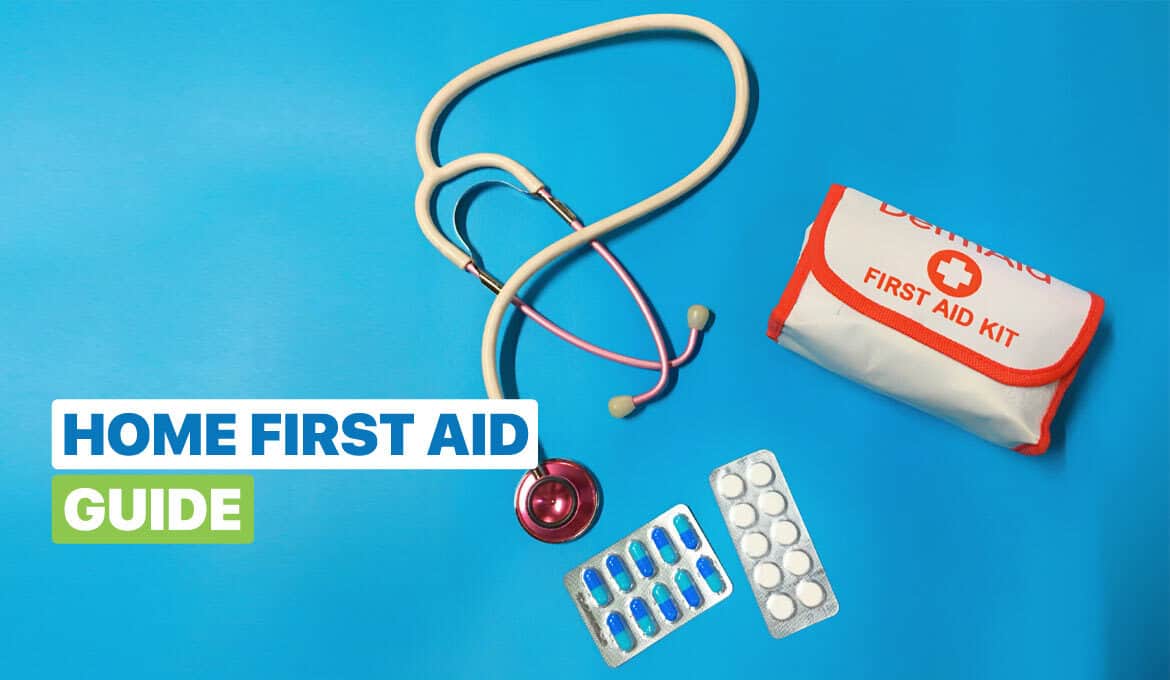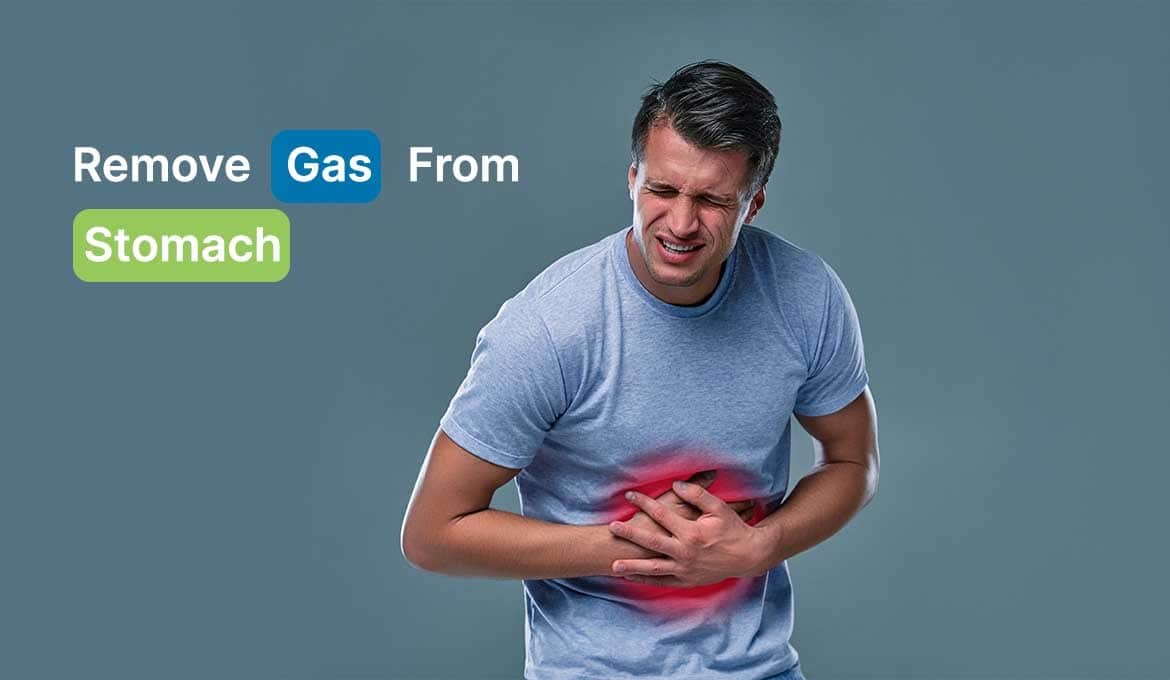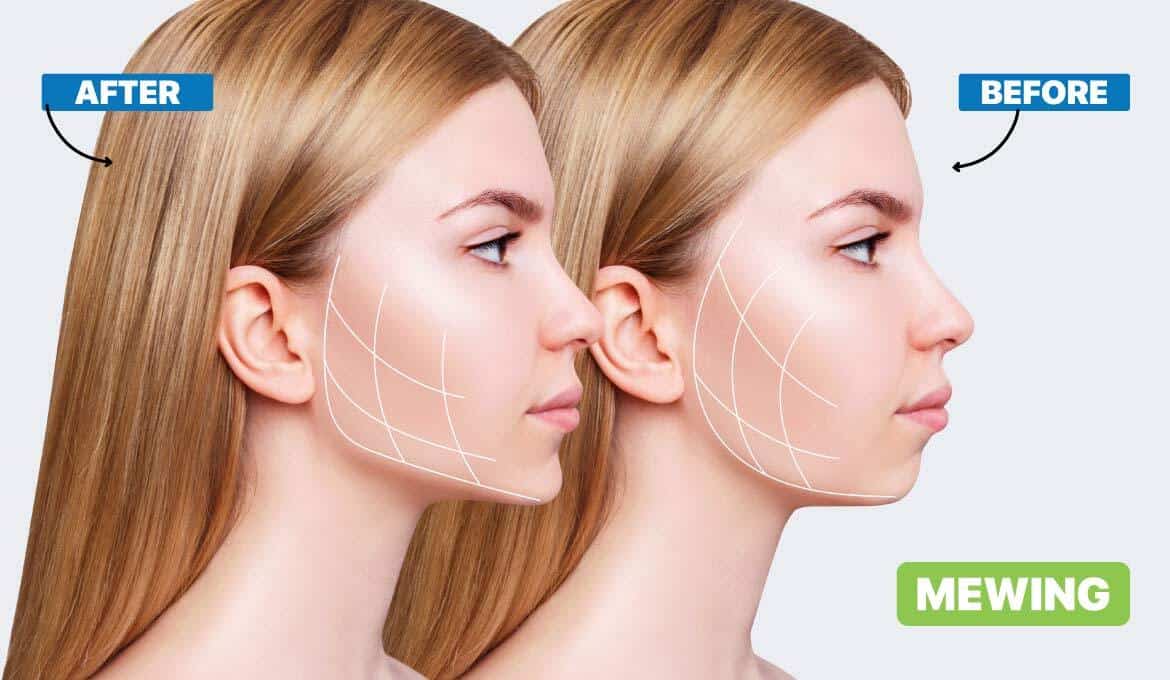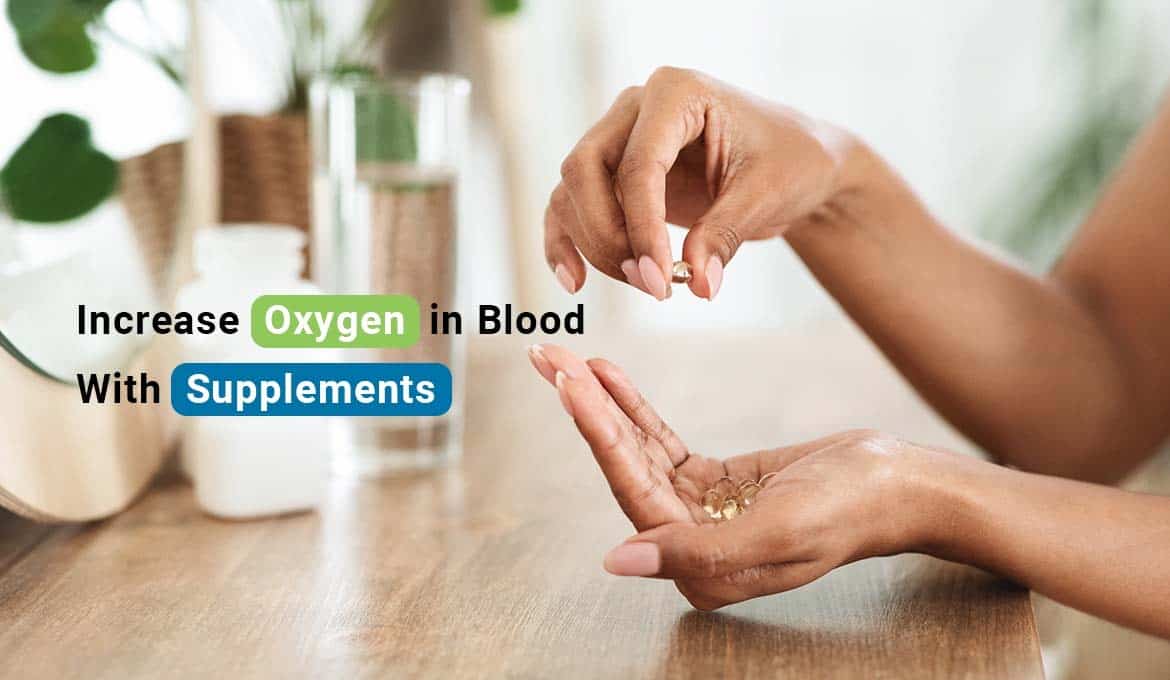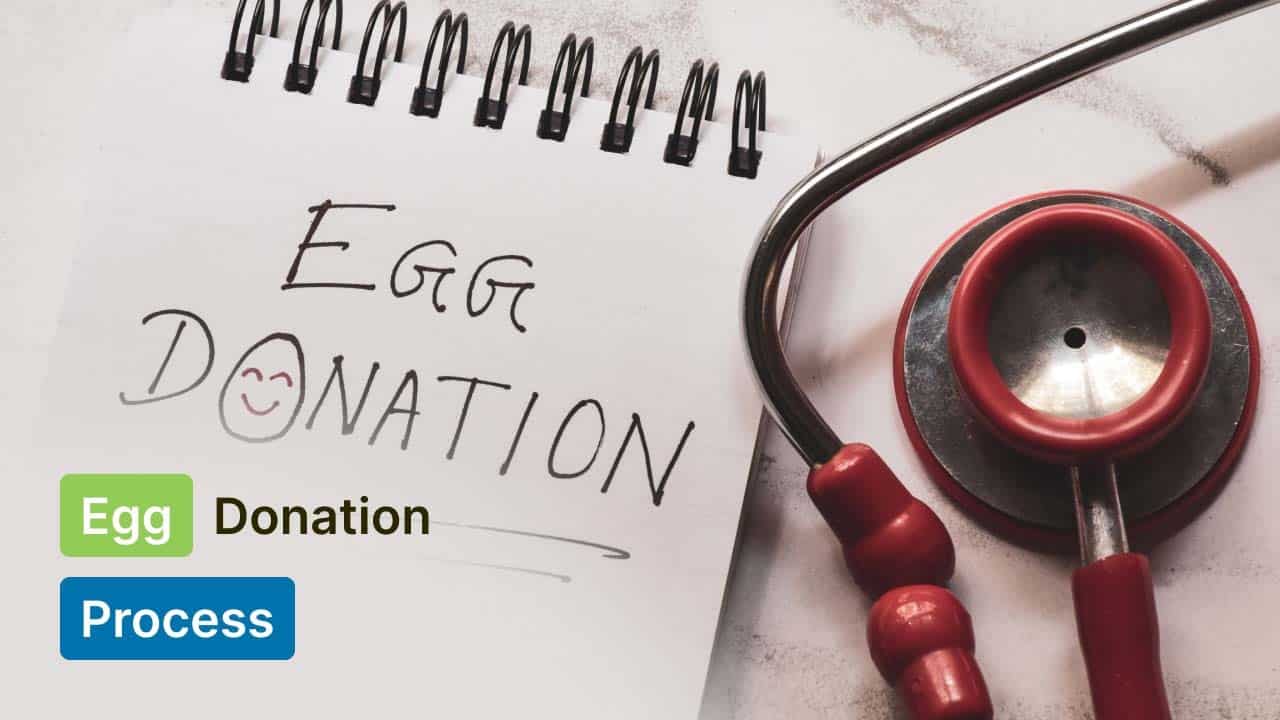
Children are the “happily ever after” for every couple out there. Sadly, not everyone can experience the wonders of parenthood naturally. That's where the egg donation process comes as a lifesaver.
Thanks to advanced technology and scientists who made it all possible. It has become a priceless gift for struggling couples today.
According to the World Health Organization (WHO), around 17.5% of couples who are of reproductive age struggle with the problem of infertility. This increased fertility is due to several environmental and lifestyle factors, such as smoking, excessive drinking, obesity, and drug overuse.
Other causes may be linked to exposure to chemicals or pollution, which can be particularly harmful to gametes, such as eggs and sperm. This popularity of infertility is a major factor that is driving the need for egg donor processes around the globe. But what exactly is the egg donation process, and how does it work?
Read this blog to get in-depth knowledge on the egg donation process along with its potential risks, costs, and others.
What is the Egg Donation Process?
Egg donation is basically the process of donating an egg (or ova) to a recipient (usually an infertile woman) to help her conceive/get pregnant. This method is an integral part of Assisted Reproductive Technology (ART) and follows a general procedure:
Healthy eggs are harvested from the donor, fertilized with sperm in a laboratory setting, and subsequently, the resulting embryos are transferred into the recipient's womb. This implantation phase often relies on the In-vitro Fertilization (IVF) technique.
The recipient may either be the intended parent looking to have a biological child or, in some cases, a surrogate who will carry the pregnancy on behalf of the intended parents.
In some cases, fertility specialists opt to freeze the embryos for future use or potential implantation in different women, providing flexibility and additional opportunities for successful pregnancies.
But the question is, who uses egg donation?
There is a reason why egg donation is widely used in Western countries, particularly the US and UK. This IVF method has helped thousands of couples experience the joy of parenthood. Egg donation is helpful for:
- Women who are unable to conceive due to poor egg quality or the absence of eggs but want to have a biological child with male sperm.
- Women who cannot get pregnant even after several intakes of fertility supplements.
- Women with genetic factors such as deafness do not want to pass on to future children.
- Women who have functioning uteruses but suffer from ovarian failure, meaning they are unable to produce their own eggs.
- Women with age above 45 (Advanced maternal age).
- Women who have previously experienced a poor response to conventional IVF treatments and seek alternative methods to achieve a successful pregnancy.
What Are the Criteria for Egg Donors?
Becoming an egg donor is not a decision to be taken lightly. Hence, it's important to check the conditions as per the law before donating eggs.
Here are the standard criteria to keep in mind:
- Age: As per research from the National Library of Medicine, most of the egg donors are usually aged 21-35 years. This is because women in this age group tend to be more fertile and may respond better and quicker to fertility drugs. Consequently, they have a higher quality and quantity of eggs.
- Physical Health: As it's obvious, egg donors must be completely healthy and free of infection, particularly Sexually Transmitted Infections (STIs) such as HIV, Hepatitis, or cystic fibrosis.
Apart from this, they should not carry a high risk of any genetic diseases that could impact the child's long-term health. A comprehensive medical evaluation will be conducted to check whether the donor has any family medical history or not. Hence, it is advised not to hide your medical history from fertility specialists, if any.
- Mental health: Mental health is another important factor to consider before the egg donation process. Any psychological disorders could potentially impact hormone balance, making it an important aspect to evaluate.
- Lifestyle factors – Certain lifestyle habits, including smoking, drug overuse, or alcohol consumption, can disqualify a person from donating eggs. Therefore, maintaining a happy and healthy lifestyle is highly important for becoming an egg donor.
- Having At Least One Child – In accordance with legal requirements, egg donors are usually expected to have at least one healthy child of their own (<3 years old).
How Does the Egg Donation Process Work?
The egg donation process is generally straightforward yet lengthy. According to recent research, it usually lasts about two months for a first-time donor. However, if you are donating for the second time or so, it can last around two to three weeks or shorter.
That being said, here's a breakdown of the general egg donation process.
i). Screening Process
The process begins with an initial consultation at a fertility clinic or agency. The fertility specialists will perform an intensive selection process to identify a suitable donor and then move on to the legal procedure. This is done when you fill out the application form at a fertility clinic.
The purpose of this pre-screening process is to check your qualifications based on their general requirements, which include age, BMI, weight, and others. A series of medical evaluations will also be conducted to further check your eligibility for the same.
ii). Synchronization of Cycle
Once a donor is chosen after passing the screening test, her menstrual cycle is synchronized with that of the recipient or surrogate. This synchronization ensures that the recipient's uterus is ready for embryo transfer when the donated eggs are retrieved.
The egg donors are required to take certain medications to stop their normal menstrual cycle. During the medication, they might experience side effects such as headache, bloating, body aches, etc., which are considered normal.
iii). Ovarian Stimulation
After clearing the medical evaluation, you will start the process of hormone stimulation.
Naturally, a woman is born with over 500,00 immature eggs. However, only one egg matures in a woman's monthly cycle, whereas the others degenerate.
This method is the most important part, where doctors prescribe a series of fertility drugs that stimulate the ovary to produce multiple eggs at once. This is called hyperstimulation. This hormonal treatment is self-administered on a daily basis and is in the form of subcutaneous injection, which is typically done for six to twelve days.
So what happens here?
The hormones, particularly gonadotropins, follicle-stimulating hormones (FSH ), and luteinizing hormones (LH), promote the growth and production of eggs in the ovaries.
Apart from this, Gonadotropin-releasing hormone (GnRH) analogs are also given to maintain hormonal balance and further prevent spontaneous ovulation from happening, which can lead to the cancellation of the entire cycle.
Throughout this stage, the donor will undergo regular monitoring via blood tests or ultrasound exams to ensure a safe and effective response to the hormonal treatment and follicle growth.
iv). Egg retrieval/ Egg collection
Once the donor's eggs become mature enough to be fertilized, they will need to be retrieved for donation. During this process, the donor is kept under sedation or general anesthesia.
However, just 36 hours before egg retrieval, a trigger shot of Human Chorionic Gonadotropin (hCG) is administered to induce the final maturation of the eggs. This is done to ensure that the eggs are ready to be collected.
The doctor then uses a specialized injection, which is inserted into the ovaries guided by ultrasound imaging. The fluid surrounding the egg in the follicle is extracted from which the eggs will be collected.
This minor surgical procedure is called transvaginal ultrasound-guided egg retrieval.
A recent fertility and sterility study showed that 5 to 24 eggs are usually retrieved per cycle. The egg retrieval process is often painless and typically takes about 20-30 minutes.
v). Fertilization and Embryo transfer (ET)
The retrieved eggs are fertilized in a laboratory with sperm, typically from the recipient's partner, using in vitro fertilization (IVF) techniques.
Once the embryos are ready, the doctor will transfer them to the recipient's womb at the specific time of implantation determined by the medical team. After 10-12 days, the recipient can take a pregnancy test to confirm the successful process.
vi). Follow-up and recovery
Post the egg retrieval process, specialists will provide you with detailed instructions for your recovery. It's important to follow these instructions carefully to ensure a smooth recovery.
Note that it's very normal to experience bloating or cramps after the entire procedure, but these symptoms are usually temporary, and with a few painkillers, you will be fine.
Is Egg Donation Safe? – Know the Potential Risks
Donating eggs is generally safe; however, just like other medical procedures, it has some potential risks and side effects associated with it.
- Some women may experience mild discomfort or pain throughout the egg donation cycle. Potential symptoms include swelling, abdominal pain, bloating, breast tenderness, and so on.
- The major concern that arises is ovarian hyperstimulation hormone syndrome (OHSS), which develops during the egg donation cycle. It usually occurs after the egg retrieval process and can cause severe swelling of ovaries, bloating, nausea, dizziness, and abdominal pain. While severe cases are uncommon, they can pose serious health risks.
- Issues related to follicular puncture can also happen, which can lead to internal infections.
- Side effects and allergic reactions derived from sedation or anesthesia are also possible during the egg retrieval process.
- The emotional and psychological aspects of egg donation should not be underestimated. Donors may experience a range of emotions during the process, including stress, anxiety, or occasional doubts.
You May Also Like: Which Fertility Drugs Work Best For Women Over 40?
Is Egg donation Legal?
Egg donation is indeed a legal process; however, its status varies by country. So make sure to check in your clinic for any specific information that applies in your state/country when considering egg donation.
In the US, it is completely legal for a woman to donate her eggs, whether done anonymously or not. Besides, it's legally acceptable to compensate egg donors for their contribution.
However, laws regarding compensation for egg donors differ by state. While some states permit compensation, others may have restrictions or outright bans on paying donors. Therefore, it's important to comply with local laws to avoid legal issues.
It is also important to remember that children born through the egg donation process are not legal children, even though they are biology or genetically related.
To ensure a smooth and legally compliant process, egg donors usually sign a contract provided by the fertility clinic or IVF center.
This establishes that they have no legal rights or responsibilities regarding any resulting children. This legal agreement protects the interests of all parties involved.
What is the Cost of the Donor Egg?
Egg donation can be expensive, but it can also be a life-changing option for many to-be parents. If performed successfully, it'll all be worth it in the end. This is why cost shouldn't be the matter in this situation. So how much does it actually cost?
Talking about the cost of donor eggs in the US can vary depending on many factors, like the location of the fertility clinic or IVF center, the services offered, the qualifications of the egg donor, or other treatments if any.
Parents Via Egg Donation, a global non-profit organization, provides estimates for the cost of fresh egg donation in the US, announcing that it mostly falls in the range of $35,000 to $50,000 for an exclusive fresh cycle.
In this scenario, the recipients (Intended parents) have sole access to the donated eggs without sharing them with other women participating in the program.
Another great alternative is using frozen eggs from a donor bank, which usually costs around $16,000 in the US, although significantly lower rates can be found in the UK or other countries.
How are the Egg donors compensated?
Egg donors are paid for their time, efforts, and dedication. This compensation can differ depending on the specific donation program. The Ethics Committee of the American Society for Reproductive Medicine has announced that providing compensation to women for donating eggs is completely ethical.
As mentioned in Egg Bank America, the compensation of an egg donor typically ranges from $5,000 to $10,000 depending on their qualifications.
Summing up
As discussed in the blog, the entire egg donation process can take up to two to three months for first-time egg donors. It is recommended to do proper research before donating as it can involve physical, emotional, and mental challenges.
From medical screening to ovarian stimulation to fertilization, the procedure is straightforward yet fulfilling for both the donor and the recipient.
FAQs
1. Is egg donation a painful process?
Ans: No. Donating eggs is a painless process. Anesthesia is given to keep the donor asleep throughout the process. Moreover, donors are advised to take pain-relieving medication an hour before the egg retrieval to reduce any post-procedure discomfort.
2. How many eggs can a woman donate?
Ans: A healthy woman can donate her eggs up to 6 times in her life, according to the American Society for Reproductive Medicine. That is approximately 60 to 120 eggs out of 30,000 eggs a woman has when she starts her menstruation.
3. What are the disadvantages of egg donation?
Ans: Even though donating eggs offers many benefits for the recipients, there are certain challenges that egg donors face. Some of the cons of egg donation include:
- Stressful and lengthy process
- May cause irreversible physical changes
- May cause bleeding and infection during egg retrieval
- Medication and injection side effects
4. How successful is the donor egg donation process?
Ans: Generally, the success rate of donor egg IVF is nearly 55%, which is quite high depending on the specialists and fertility clinic. However, it is reported that the success rate can be enhanced by maintaining a healthy diet, habits, and lifestyle.
5. What is the best egg donor age?
Ans: The best and optimal age for egg donors falls between 21 and 35 years because women in this age range are more likely to get pregnant.
6. How much does a donor egg cost in the US?
Ans: On average, a fresh egg donation cycle in the US typically ranges from $30,000 to $50,000, depending on the IVF centers.
Read Also:
















